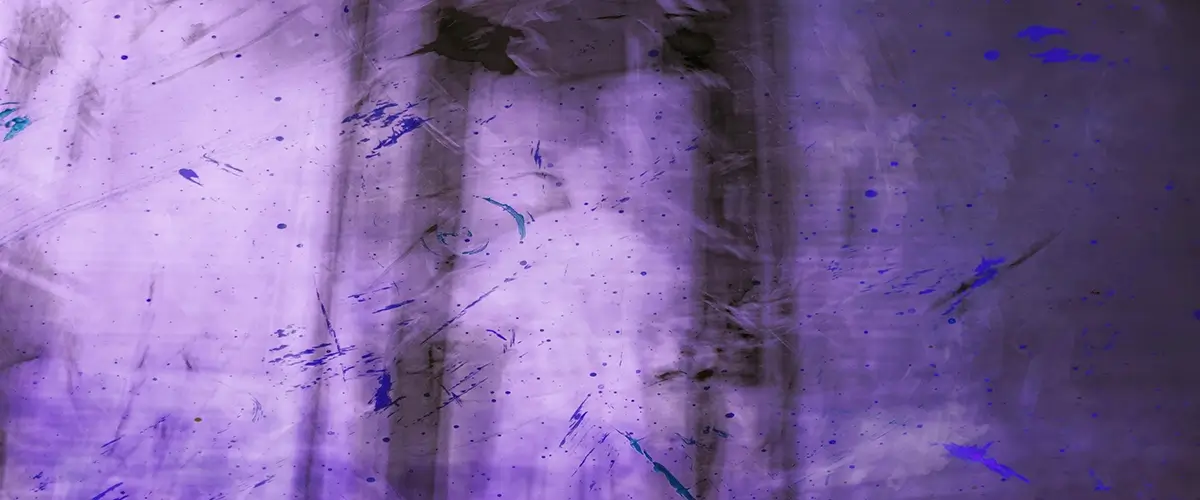Parapsychology is the study of paranormal or psychic phenomena, such as extrasensory perception (ESP), telekinesis, clairvoyance, and psychokinesis. Parapsychologists aim to understand and explain these phenomena through scientific research methods, including experiments and surveys.
Parapsychologists typically focus on four main areas of study:
- Extrasensory perception (ESP): This refers to the ability to receive information without using the five senses. Examples include telepathy (mind-to-mind communication), clairvoyance (the ability to see things that are hidden or distant), and precognition (the ability to see into the future).
- Psychokinesis (PK): This refers to the ability to affect physical objects or events through mental or psychic means. Examples include telekinesis (moving objects with the mind) and levitation.
- Survival of physical death: This refers to the idea that consciousness may continue to exist after physical death. Some parapsychologists study near-death experiences, ghost sightings, and other related phenomena.
- Other paranormal experiences: This includes a wide range of experiences that are often considered strange or unusual, such as spontaneous psychic events, out-of-body experiences, and past life experiences.
Parapsychologists use a variety of research methods to study these phenomena, including laboratory experiments, surveys, and case studies. While some researchers have claimed to have found evidence for psychic abilities, the field of parapsychology is still largely considered to be controversial and its findings are not widely accepted by the scientific community.
Regardless, parapsychology continues to attract a significant amount of interest and attention from both the general public and researchers alike. Some people believe that psychic abilities are real and that they have the potential to revolutionize our understanding of the world and our place in it. Others argue that psychic abilities are not supported by scientific evidence and that they remain largely unproven.
In addition to the phenomena mentioned above, parapsychology also includes the study of paranormal experiences such as hauntings, poltergeists, and ghost sightings. Some researchers in the field of parapsychology seek to explain these experiences through a psychological or neuroscience-based framework, while others believe that they are evidence of a spiritual or non-physical realm.
The study of parapsychology also includes investigations into various forms of mediumship and communication with the dead, as well as the examination of claims of past-life memories and reincarnation.
While parapsychology is a field of study, it is not considered a mainstream scientific discipline, and its findings and methods are often met with scepticism and criticism. Despite this, the field continues to draw interest and support from people who believe that the phenomena studied by parapsychologists deserve further investigation and understanding. Many parapsychologists also argue that their work can contribute to a more holistic and comprehensive understanding of consciousness and the nature of reality.

